- A 24 hour period of no sleep leaves you in the same cognitive state as being legally drunk. So pulling an all nighter before an exam would be equivalent to walking into the exam drunk. I think all students would agree the latter is not sensible, so clearly the former is not either;
- Going 10 days on only 6 hours sleep a night also leaves you in the same brain state. Many of our students fit in this category, and I make the point to them that they are walking around drunk at school if this is the case. Of course they can't learn or work as effectively and efficiently if this is the state their brain is in;
- When Daylight Savings Time deprives us of one hour of sleep each year, the global incidents of heart attacks increase by 24% on the following day. When we gain an hour of sleep, the incidents of heart attacks reduce by 21% the following day;
- A lack of sleep reduces the effectiveness of the blood cells that fight and kill infections, and as such the World Health Organisation has listed night-time shift work as a "probable carcinogenic" based on the fact that night-time shift work disturbs the natural sleep cycles.
- Be consistent - have a sleep routine and stick to it every day. Go to bed at the same time, and get up at the same time, every day (weekdays and weekends);
- Screens away before bed - the blue light that screens emit trick our brains into thinking it is daytime, and so stop them from naturally shutting down to sleep;
- No caffeine/alcohol before bed - both drugs have a negative impact on sleep (caffeine lowers quantity, alcohol lowers quality), and caffeine in particular stays in the system for over 6 hours;
- Keep it cool - our natural sleep cycle is kicked off by the cooler night time air, so keeping the bedroom cool (around 18 celsius) will help the body drift into a natural sleep, and maintain a good nights sleep.

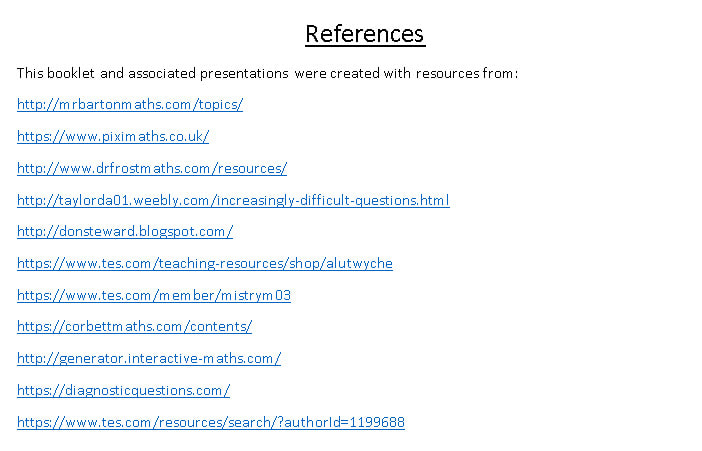
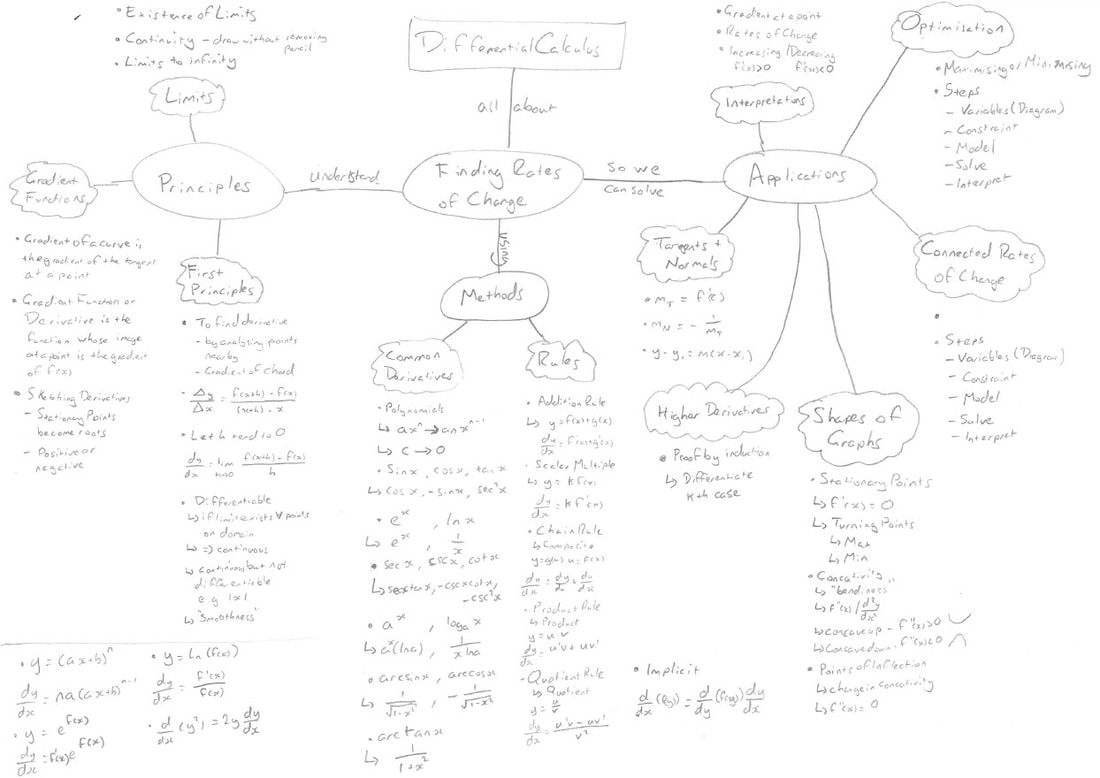
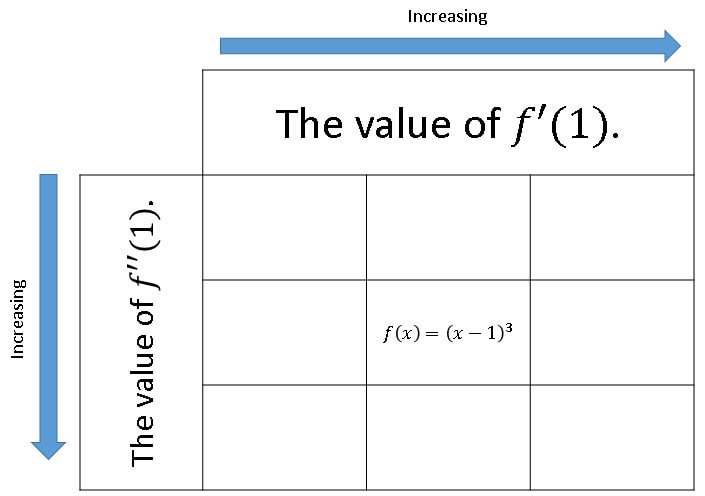
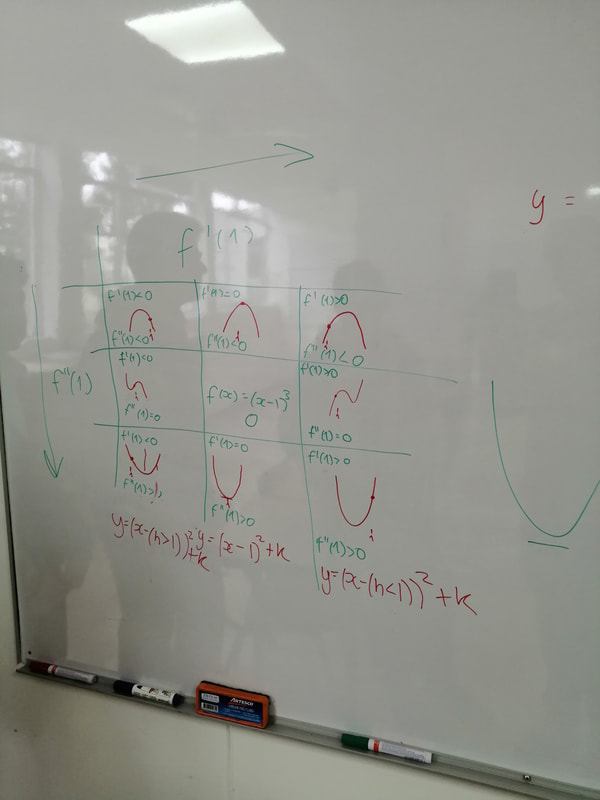

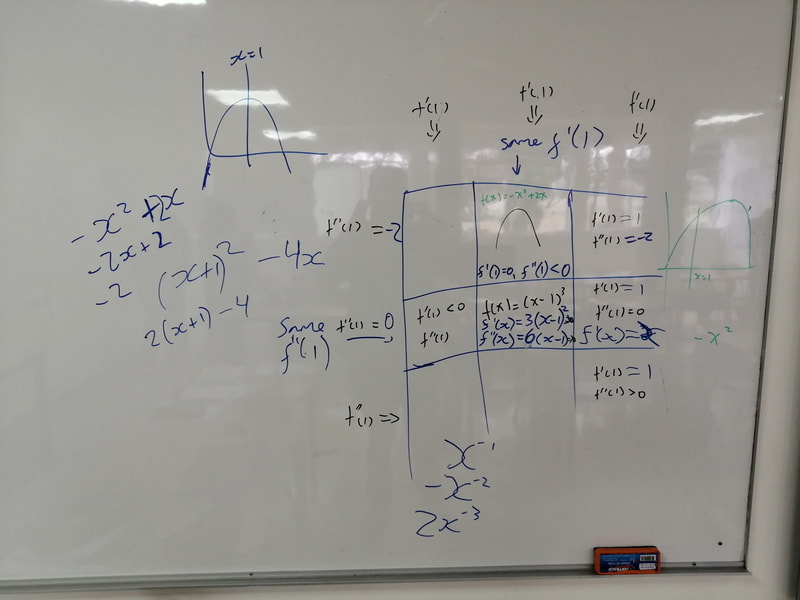
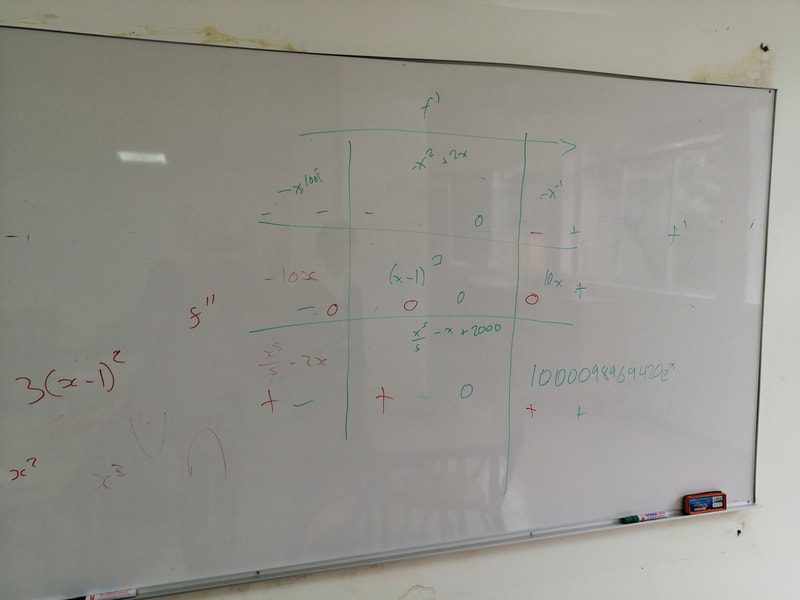
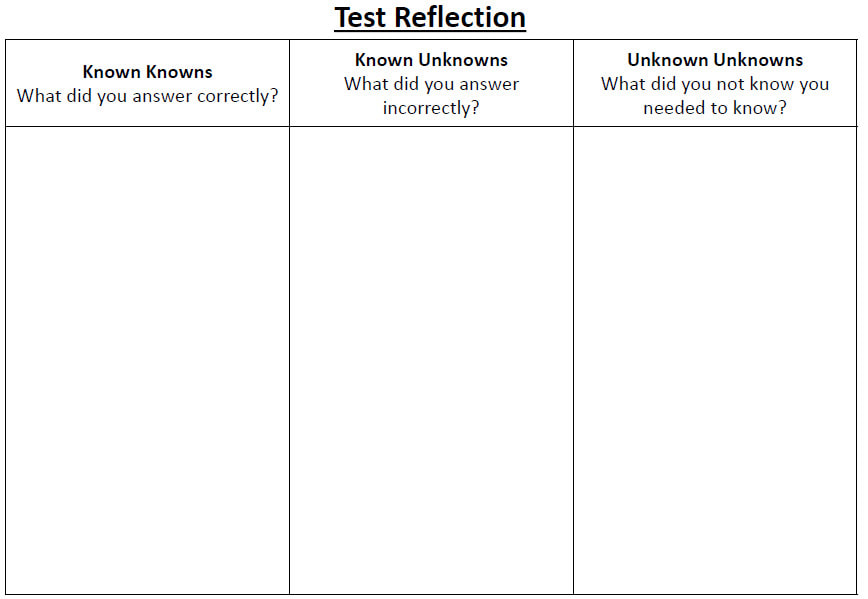
 RSS Feed
RSS Feed
